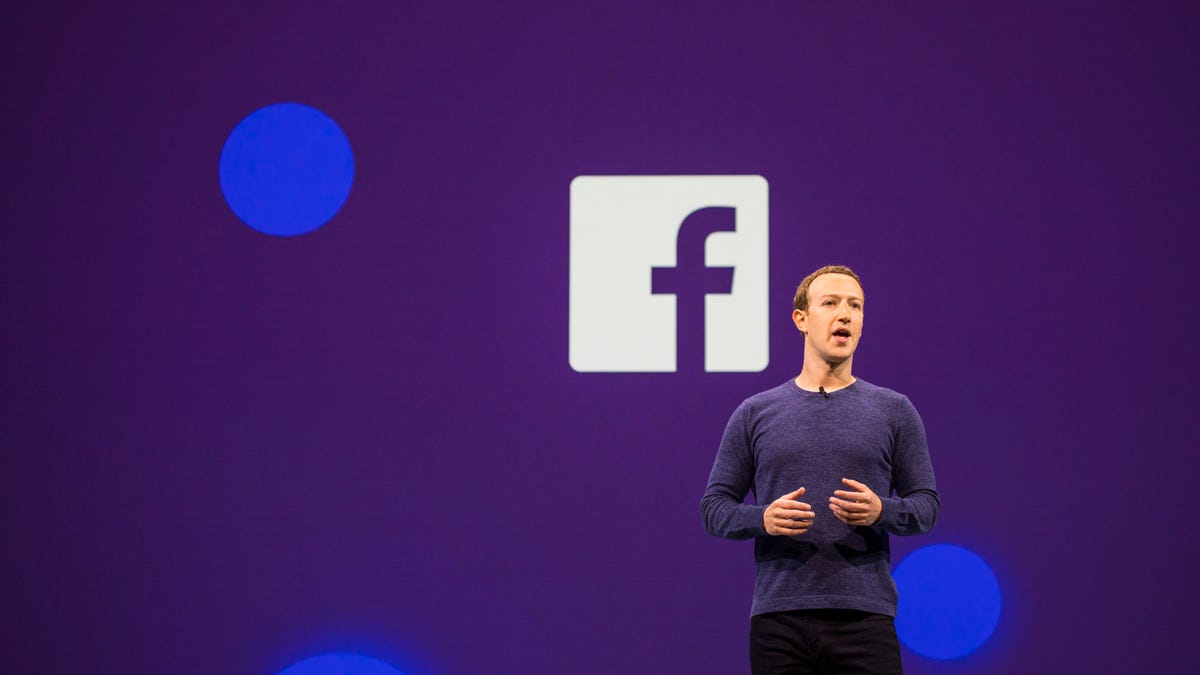Facebook will take down fake news that leads to violence
The social network has been accused of helping to spur violence in Myanmar, Sri Lanka and India.

CEO Mark Zuckerberg has been criticized for Facebook's handling of fake news.
Facebook says it's tightening its stance on fake news.
The social network said Wednesday that it will begin to remove misinformation that is intended to spark or exacerbate violence. That includes both written posts and manipulated images.
Currently, Facebook bans content that directly calls for violence. But the new policy will now cover fake news that has the potential to stir up physical harm.
The company will work with local organizations to help judge which posts fall under that category. If Facebook can't make a definitive call working with one organization, it might bring in other organizations to help, the company said.
"There are certain forms of misinformation that have contributed to physical harm, and we are making a policy change which will enable us to take that type of content down," a Facebook spokeswoman said. "We will be begin implementing the policy during the coming months."
Facebook has been accused of helping to spur violence in Myanmar, Sri Lanka and India. The social network also has drawn intense criticism for its policies surrounding misinformation in general. The social network said last week that it would not ban InfoWars, a right-wing website known for pushing conspiracy theories.
Earlier Wednesday, in trying to explain Facebook's stances on fake news, CEO Mark Zuckerberg sparked outrage by saying the company would not ban content from Holocaust deniers from the platform, because, "I don't think that they're intentionally getting it wrong," he said. Hours later, tried to clarify his comments by saying he finds Holocaust denial "deeply offensive," and Facebook would suppress content like that by making sure fewer people see it on their news feeds.
As for the new policy on removing misinformation that could lead to violence, Facebook said it has already begun trying it out. Last month, the company removed content that alleged Muslims are poisoning food that's given and sold to Buddhists. Facebook worked with a local group that said the post could contribute to potential violence, and removed the post.
CNET Magazine: Check out a sample of the stories in CNET's newsstand edition.
Cambridge Analytica: Everything you need to know about Facebook's data mining scandal.

